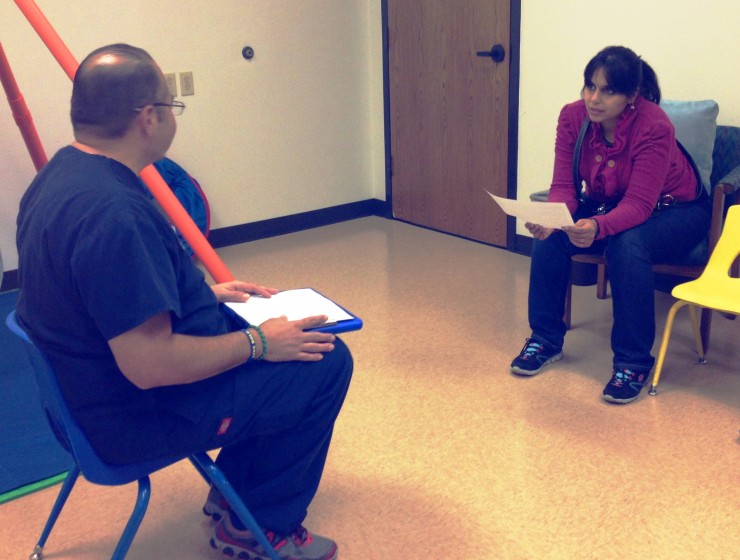How to Cope with Anxiety and Fear
Anxiety symptoms and reactions are very common in individuals with autism spectrum disorder (ASD). They can interfere with functioning across home, community and school settings. Scientific studies have found that from 11 to 84 percent of youth with autism suffer from anxiety symptoms – intense fear, trouble concentrating, rapid heartbeat, tension, restlessnessContinue Reading










